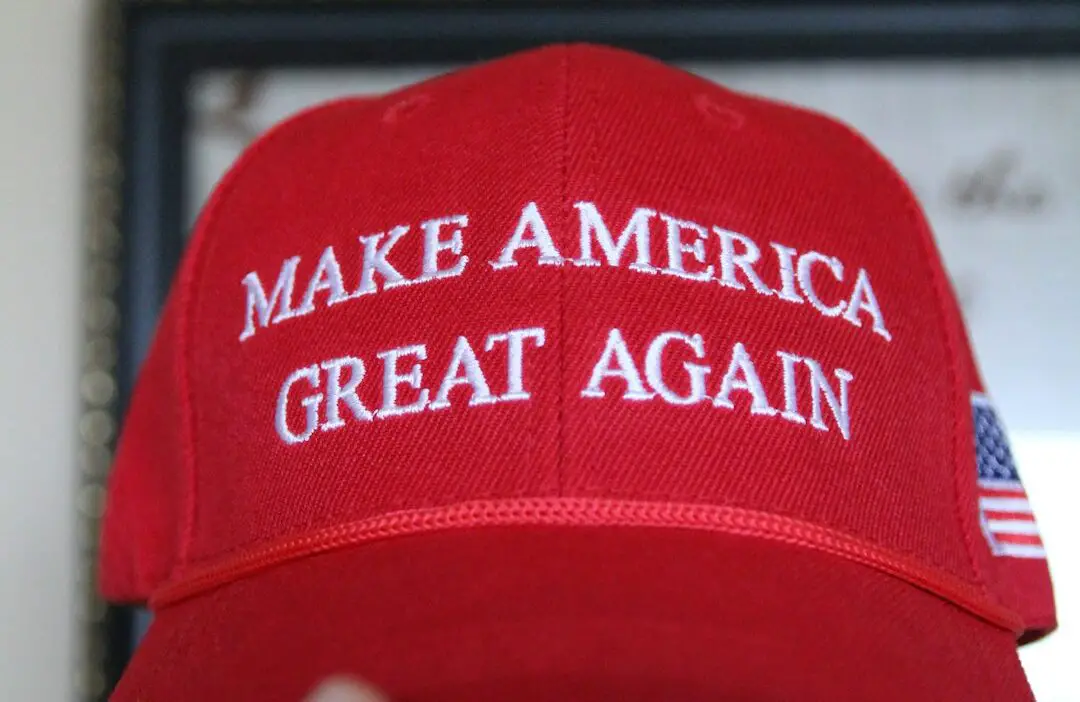**Trump’s Tariff Claims: A Closer Look at the Numbers for Young Investors**
Former President Donald Trump recently reiterated his claim that the US took in “record numbers” from tariffs imposed during his administration, while also touting lower inflation during his time in office. These assertions warrant a closer examination, particularly for young investors and those starting to engage with economic issues. Understanding the complexities surrounding tariffs and inflation is crucial for making informed financial decisions.
While it’s true that tariff revenues did increase during the early stages of the Trump administration’s trade disputes, reaching a peak in 2019, it’s crucial to put these figures into context. Data from the US Congressional Budget Office shows that while tariff revenues rose, they remained a relatively small percentage of overall federal revenue. Furthermore, these increased revenues came at a cost. Studies by groups like the Peterson Institute for International Economics suggest that the tariffs led to higher prices for consumers and businesses, offsetting some of the revenue gains. Additionally, retaliatory tariffs imposed by other countries harmed US exports in sectors like agriculture. The long-term impact of these trade policies on global supply chains and international relations is still being analyzed.
As for inflation, the picture is equally complex. While inflation remained relatively low during much of the Trump presidency, attributing this solely to his policies overlooks several factors. Global economic conditions, including relatively low oil prices, played a significant role. Moreover, the Federal Reserve’s monetary policy also influences inflation. The relationship between tariffs and inflation isn’t straightforward. While tariffs can initially increase prices on certain imported goods, they can also lead to decreased demand and, in some cases, even deflationary pressures. It’s important to analyze the broader economic landscape and multiple contributing factors before drawing conclusions about the impact of any single policy.
Understanding these nuances is crucial for young investors. Sound financial decisions require a comprehensive understanding of economic indicators and the potential impact of government policies. Simply focusing on isolated data points, like peak tariff revenues, without considering the wider economic context can lead to misleading conclusions. As you navigate the complexities of the financial world, critical thinking and thorough research are your most valuable assets. By developing a deep understanding of economic principles and policy implications, young investors can make informed decisions and build a strong foundation for their financial future.





